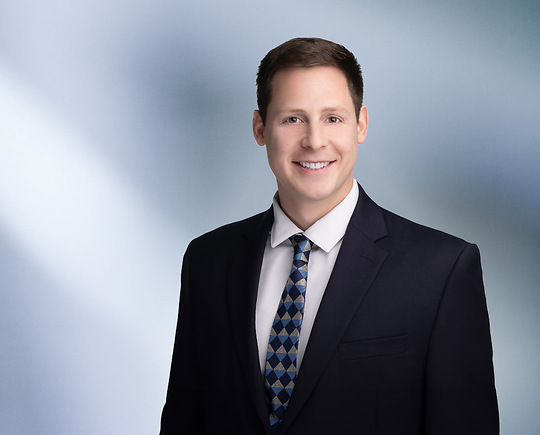
Michigan Workers' Comp Defense Blog
 On April 1, 2022, the Michigan Supreme Court issued its opinion in Lewis v. LexaMar Corp., 971 N.W.2d 608 (Mich. 2022). This reversed a December 17, 2020 decision from the Court of Appeals, which we previously wrote about in this blog. In that case, the Court of Appeals declined to award workers’ compensation benefits to a widow whose husband was killed in a car accident while driving to a community college class paid for by his employer. The Supreme Court, by a 6-1 majority, reversed the Court of Appeals’ decision and ultimately affirmed the findings of the Michigan Compensation Appellate Commission awarding the widow benefits.
On April 1, 2022, the Michigan Supreme Court issued its opinion in Lewis v. LexaMar Corp., 971 N.W.2d 608 (Mich. 2022). This reversed a December 17, 2020 decision from the Court of Appeals, which we previously wrote about in this blog. In that case, the Court of Appeals declined to award workers’ compensation benefits to a widow whose husband was killed in a car accident while driving to a community college class paid for by his employer. The Supreme Court, by a 6-1 majority, reversed the Court of Appeals’ decision and ultimately affirmed the findings of the Michigan Compensation Appellate Commission awarding the widow benefits.
Buddy Lewis, Sr. worked at LexaMar Corporation in Boyne City and was a student at Kirtland Community College in the Magnatronics program in Gaylord. While driving to school after completing his night shift job, Mr. Lewis was involved in a fatal car accident. Mr. Lewis’ enrollment in the Magnatronics program was at the encouragement of LexaMar’s human resources director, and he enrolled only after LexaMar agreed to pay all of his tuition. LexaMar did not require Mr. Lewis to sign a reimbursement agreement or commit to continue working at LexaMar as a condition of his studentship.
Both the workers’ compensation magistrate and the Michigan Compensation Appellate Commission awarded benefits to Mr. Lewis’ widow. However, the Court of Appeals reversed that decision after determining that Mr. Lewis was not in the course of his employment at the time of the fatal accident. In reversing the Court of Appeals, the Michigan Supreme Court held that Mr. Lewis’ injury “ar[ose] out of and in the course of employment.”
The Supreme Court considered the relevant statute, MCL 481.301(3), which provides that injuries sustained by an employee going to or coming from work are generally not compensable absent one of the following exceptions.
- When an employer derives a special benefit from the employee’s activities;
- When an employee is on a special mission for the employer;
- When an employer paid for or provided the employee transportation;
- When an employee’s travel comprised a dual purpose combining employment-related business needs with the personal activity of the employee;
- When the employment subjects the employee to excessive exposure to traffic risks; or
- When the employee’s travel was part of a split-shift working schedule or an irregular non-fixed working schedule.
The Supreme Court utilized the “special benefit” exception. It analyzed whether (1) LexaMar would directly benefit from Mr. Lewis’ participation in the Magnatronics program; and (2) LexaMar urged Mr. Lewis to attend these classes.
The Supreme Court found there was ample evidence to suggest LexaMar derived a special benefit from using Mr. Lewis as a test case to decide whether to send other employees to Kirtland Community College for vocational training or bring instructors to the company for classes. The Supreme Court also found Mr. Lewis was “definitely urged” to attend the Magnatronics program courses. The Court’s decision ultimately reinstated an award of workers’ compensation benefits to Mr. Lewis’ widow.
The Michigan Supreme Court’s decision is precedentially binding and provides helpful guidance for future cases involving after-hours travel and the “special benefit” exception.
Please contact us via email or phone if you have any questions about this case or other matters related to workers’ compensation issues. These are often complicated questions of fact, and we are here to help you navigate these issues.
- Alicia Birach // 248.785.4172 // abirach@fosterswift.com
- Brian Goodenough, Practice Group Leader // 517.371.8147 // bgoodenough@fosterswift.com
- Shareholder
Mike is a member of the Firm’s Employer Services practice group. His practice focuses on representing employers, insurance carriers, and third-party administrators in workers’ compensation matters across Michigan. He has ...

